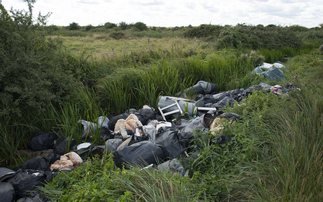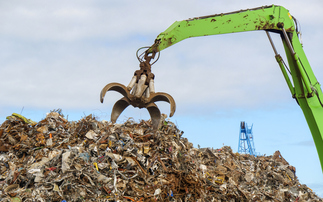Consumer demand for sustainable shoes is prompting manufacturers to change tack
The carbon footprint of the footwear industry is truly massive in size. It is estimated that some 330 million pairs of shoes are sold each year within the UK alone. Sadly, most of these end up in landfills,...
To continue reading this article...
Join BusinessGreen
In just a few clicks you can start your free BusinessGreen Lite membership for 12 months, providing you access to:
- Three complimentary articles per month covering the latest real-time news, analysis, and opinion from Europe’s leading source of information on the Green economy and business
- Receive important and breaking news stories via our daily news alert
- Our weekly newsletter with the best of the week’s green business news and analysis






